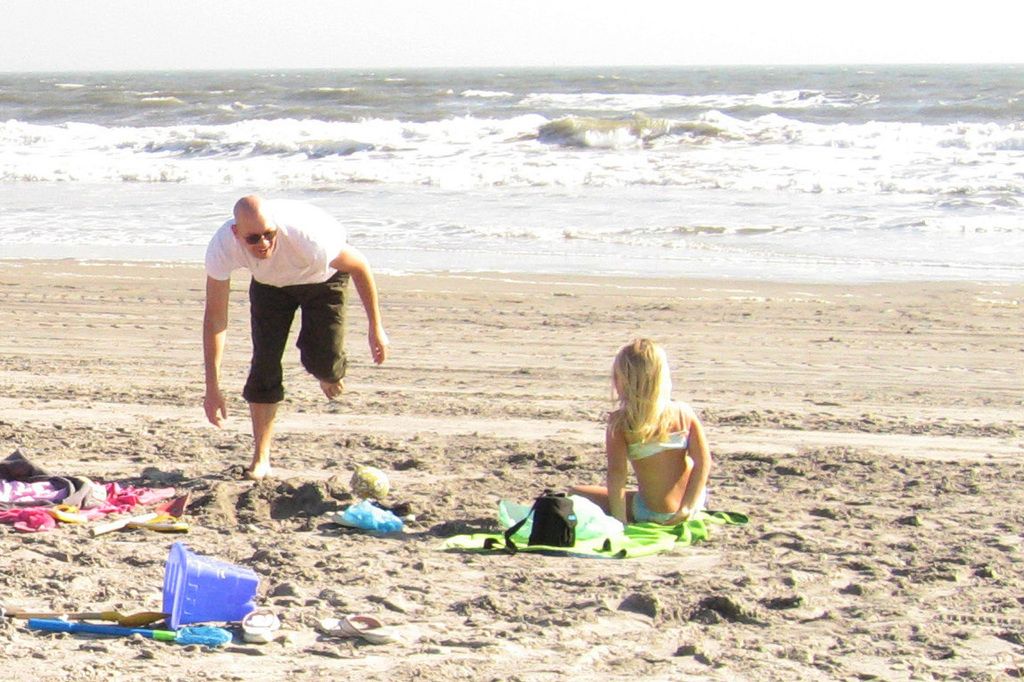Newly-appointed Prime Minister of Canada, Mark Carney, takes on the role of sports crisis manager
A change in the political landscape of Canada is on the horizon, as former governor of the Bank of Canada and Bank of England, Mark Carney, takes over as prime minister from the increasingly unpopular Justin Trudeau. Known for his strength as a crisis manager, Carney steps into the role amidst a challenging time, with Canada facing a trade war with the U.S., an ongoing housing crisis, and escalating inflation.
In a poll conducted by CTV News, 40% of Canadians believe Carney to be the best politician to negotiate with U.S. President Donald Trump, far surpassing the 26% who support opposition leader Pierre Poilievre. This increase in support for the Liberal party is reflected in the poll figures since Trudeau's resignation.
After being sworn in, Carney made it clear that Canada will "never, in any way, form, or shape, be part of the United States." In response to the U.S.'s threats, he plans to take a firm stance in the trade war.
Born in a small town in western Canada, Carney studied economics at Harvard and Oxford before working for Goldman Sachs for 13 years. His experience steering Canada through the Global Financial Crisis as the governor of the Bank of Canada earned him widespread respect. He then served as the first non-British central bank governor in the UK during the volatile Brexit period.
Critics have voiced concerns about Carney's connection to the everyday lives of his fellow citizens, given his educational background and lack of experience in top-tier politics. He marginalized these claims by designing his social media appearances to be notably bilingual, highlighting his athletic side and past experiences as an ice hockey player and marathon runner.
In high school and college, Carney was a goalkeeper for his school teams, even receiving a scholarship. This background suggests he's ready to face the challenges ahead without conceding many goals.
As he embarks on his first international trip as premier, Carney has made it clear that Canada's traditional ties with the U.S. are history. Instead, he advocates for closer cooperation with Europe and Asia to reduce trade dependence on the U.S.
Prior to his political venture, Carney refused offers to take positions in politics, including an offer from the Conservative Prime Minister Stephen Harper to be the finance minister. However, he felt that the direct transition from the top of the central bank to politics would be dishonest.
Sources:1. "Canada-U.S. Relations: A New Era Under Prime Minister Carney?" Canadian Press, www.canadianpress.com2. "Trump-Carney Meet: What Canada Can Expect." The Guardian, www.theguardian.com3. "Carney's First International Trip: France instead of the U.S." BBC News, www.bbc.com4. "Carney's Bilingual Social Media: Rebutting Criticism." CBC News, www.cbc.ca5. "Mark Carney's Political Career: From Central Bank Chief to Prime Minister." Financial Post, www.financialpost.com
- Mark Carney's extensive background in finance, including his experience at Goldman Sachs and his tenure as the governor of both the Bank of Canada and the Bank of England, has earned him the attention of investors and financial news outlets alike.
- The sports section of the general news has also taken interest in Carney's political rise, given his past as an ice hockey player and marathon runner, with some analysts suggesting that these skills translate to his leadership style in business and politics.
- As prime minister, Carney's foreign policy decisions, particularly regarding Canada's trade relations and cooperation with Europe and Asia, will be closely watched by politicians and economists around the world, including those covering the politics beat.




